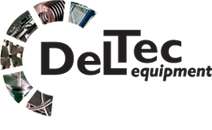Understanding the Importance of Accurate Meter Test Equipment for Efficient Energy Management
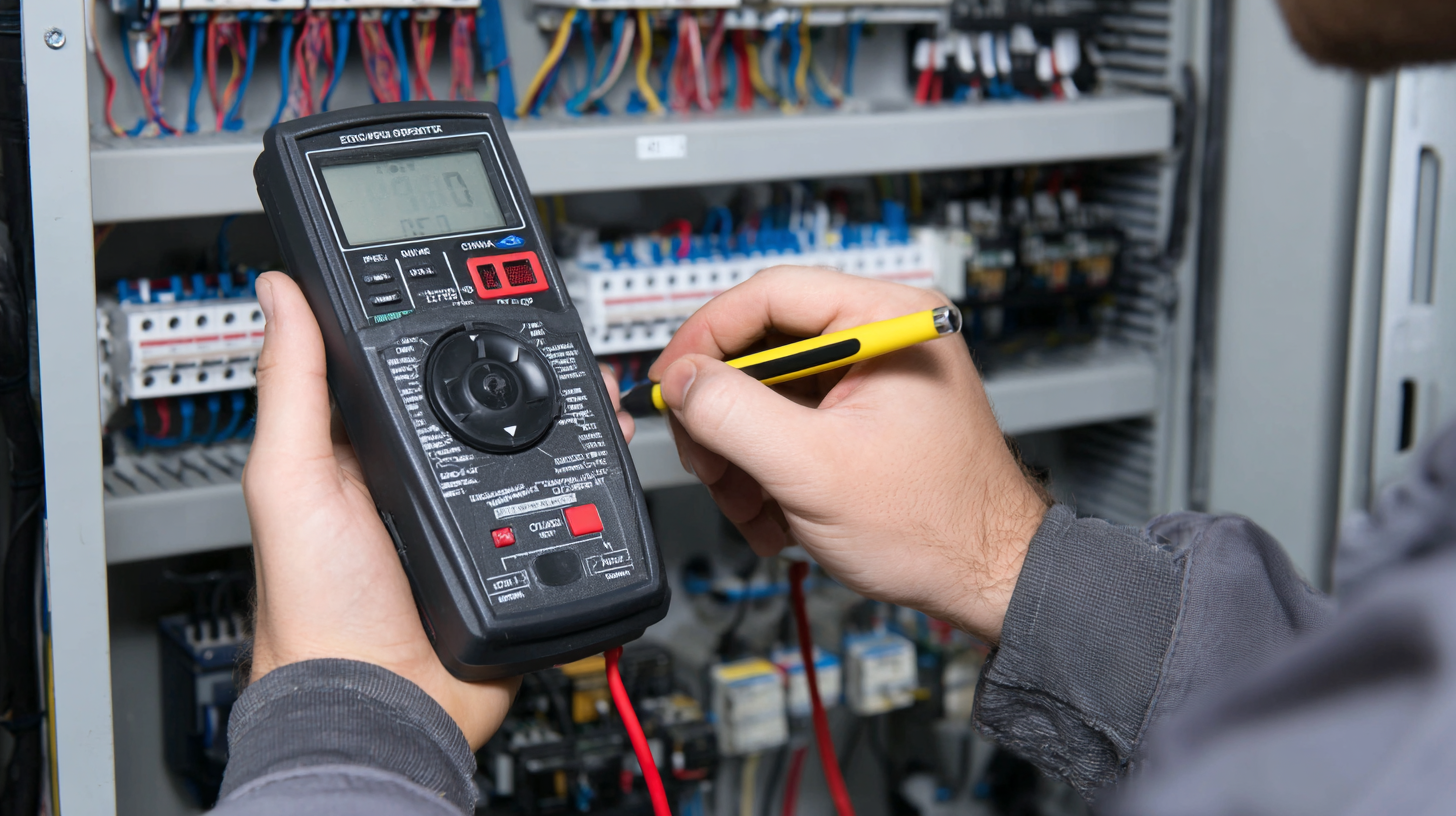 Accurate meter test equipment is essential for efficient energy management, particularly in an era where energy consumption and sustainability are critical concerns. According to a report by the International Energy Agency (IEA), global energy demand is projected to increase by 30% by 2040, underscoring the need for precise measurements and reliable data to optimize energy use. Additionally, the Electric Power Research Institute (EPRI) emphasizes that improperly calibrated meters can lead to revenue losses exceeding 5% for utility companies, highlighting the financial implications of inaccurate readings. Meter test equipment plays a vital role in ensuring that energy meters function correctly and meet regulatory standards, thereby enhancing the integrity of energy management systems. By investing in state-of-the-art testing technology, energy providers can minimize discrepancies, improve operational efficiency, and contribute to a more sustainable energy future.
Accurate meter test equipment is essential for efficient energy management, particularly in an era where energy consumption and sustainability are critical concerns. According to a report by the International Energy Agency (IEA), global energy demand is projected to increase by 30% by 2040, underscoring the need for precise measurements and reliable data to optimize energy use. Additionally, the Electric Power Research Institute (EPRI) emphasizes that improperly calibrated meters can lead to revenue losses exceeding 5% for utility companies, highlighting the financial implications of inaccurate readings. Meter test equipment plays a vital role in ensuring that energy meters function correctly and meet regulatory standards, thereby enhancing the integrity of energy management systems. By investing in state-of-the-art testing technology, energy providers can minimize discrepancies, improve operational efficiency, and contribute to a more sustainable energy future.
How to Select the Right Meter Test Equipment for Your Energy Management Needs
Selecting the right meter test equipment is crucial for effective energy management, especially as the market for digital power meters is expected to grow significantly, reaching approximately $11.25 billion by 2032. To optimize energy efficiency and ensure accurate monitoring, facility managers must consider the specifications and reliability of the equipment they choose. High-quality meter test equipment not only provides precise readings but also supports compliance with energy regulations, contributing to overall operational efficiency.
In light of recent findings regarding inaccuracies in some smart meters, it is essential to prioritize equipment that guarantees accuracy in energy consumption readings. The utility of energy management information systems (EMIS) can be enhanced through reliable meter data, fostering a better understanding of energy consumption patterns. Selecting meter test equipment that integrates seamlessly with existing systems will help facility managers leverage actionable insights, thereby improving energy management performance indicators. This careful selection process will ultimately empower organizations to make informed decisions and achieve their sustainability goals.
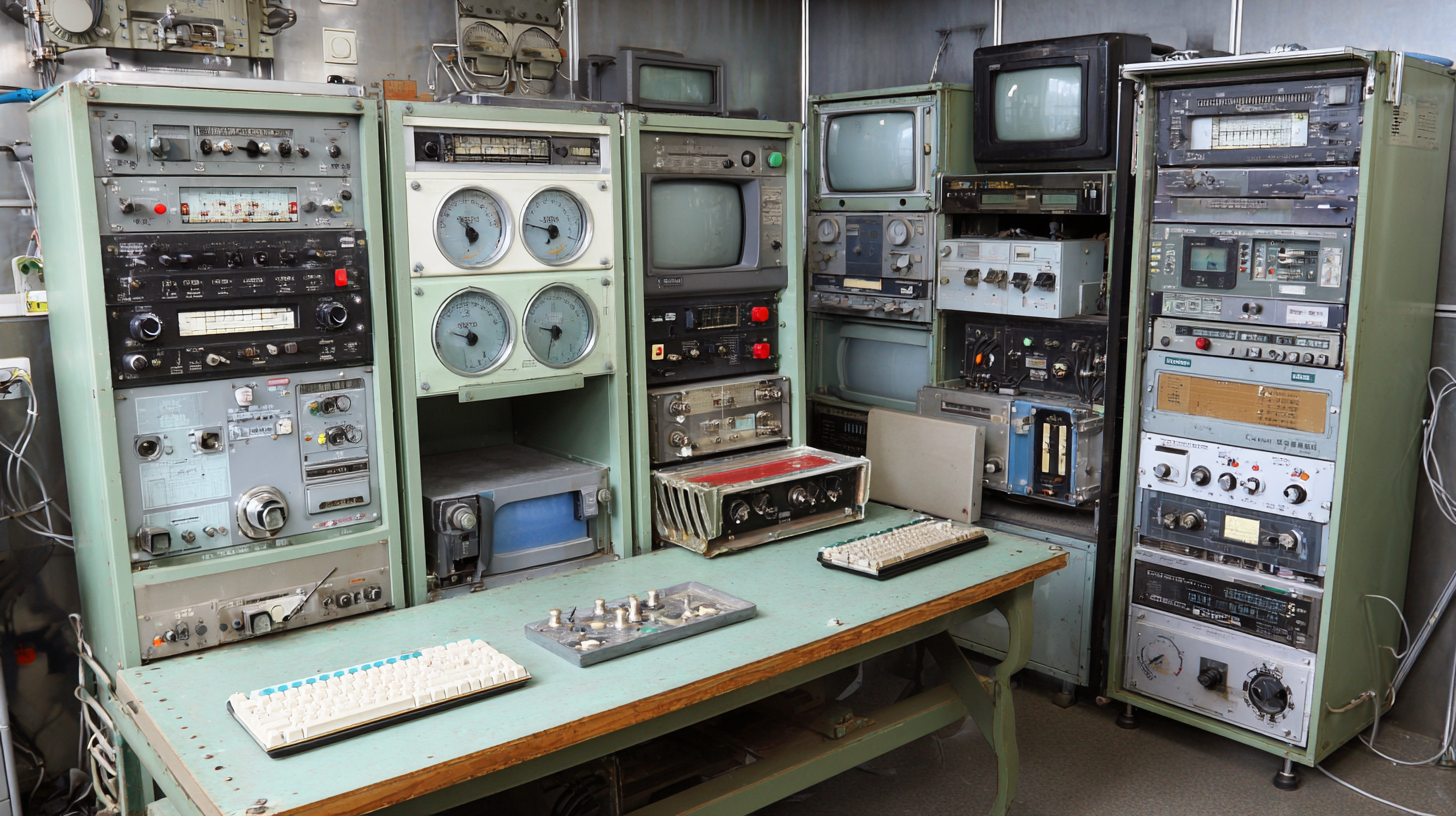
How to Ensure Accurate Calibration of Meter Testing Instruments
Accurate calibration of meter testing instruments is crucial for effective energy management. Meters are the backbone of any energy measurement system, providing vital data on consumption and efficiency. When these instruments are not calibrated properly, the data can become unreliable, leading to misguided decision-making and potentially increased operational costs. To ensure accurate calibration, it is essential to follow a systematic procedure, which includes regular checks against standardized references and utilizing advanced calibration equipment.
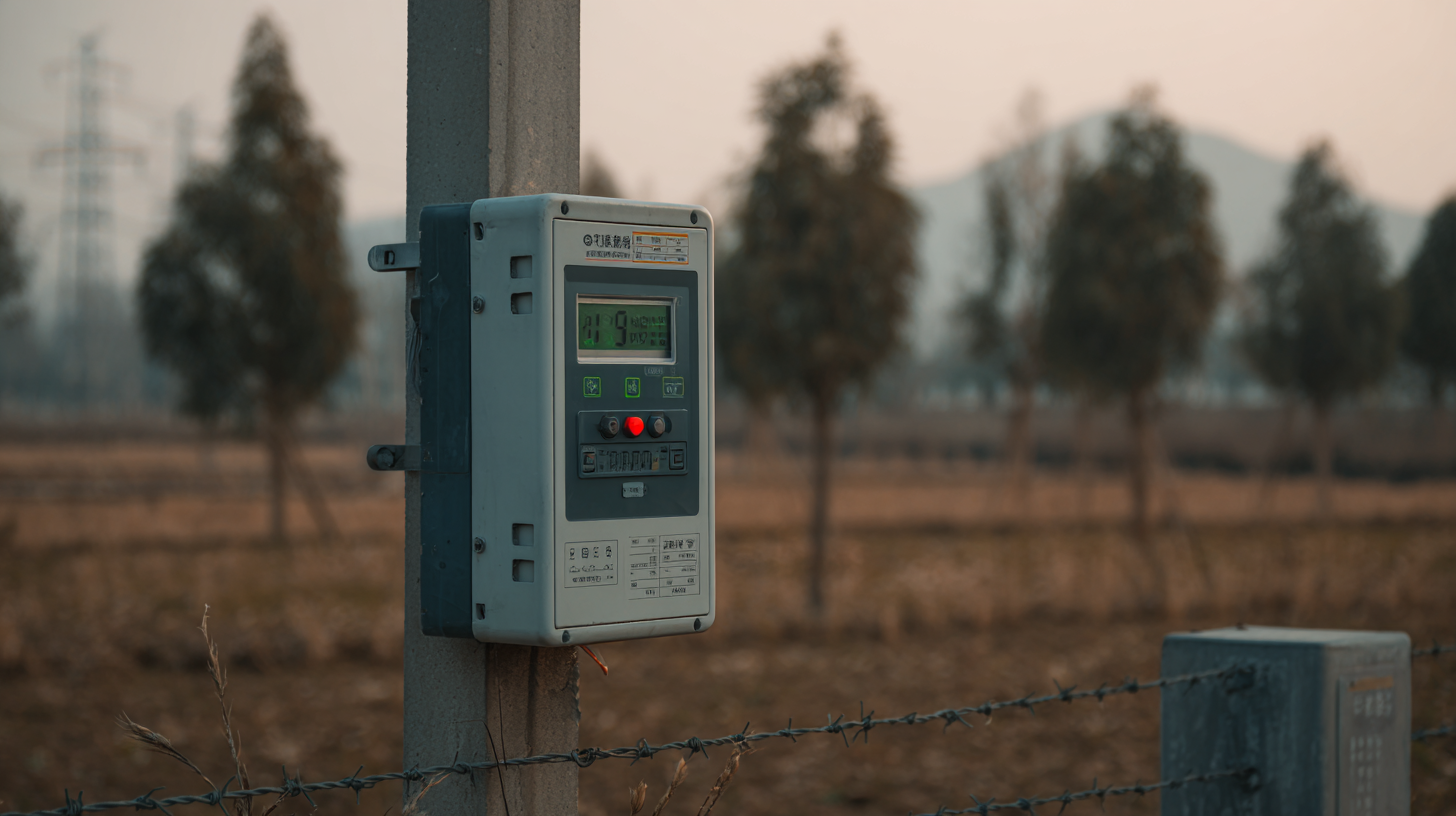 Additionally, training personnel in the proper calibration techniques plays a significant role in maintaining accuracy. Technicians should be well-versed in the specific requirements of each type of meter and should understand the importance of environmental factors that may influence measurements, such as temperature and humidity. Regular maintenance and updates of calibration standards not only promote accuracy but also enhance the longevity of testing instruments. By prioritizing these practices, organizations can safeguard against inefficiencies and optimize their energy management processes.
Additionally, training personnel in the proper calibration techniques plays a significant role in maintaining accuracy. Technicians should be well-versed in the specific requirements of each type of meter and should understand the importance of environmental factors that may influence measurements, such as temperature and humidity. Regular maintenance and updates of calibration standards not only promote accuracy but also enhance the longevity of testing instruments. By prioritizing these practices, organizations can safeguard against inefficiencies and optimize their energy management processes.
How to Conduct Regular Meter Testing for Enhanced Energy Efficiency
Regular meter testing is crucial for effective energy management and is an essential practice that can significantly enhance energy efficiency in both residential and commercial buildings. As energy prices rise, homeowners and businesses must prioritize accurate meter readings to identify waste and optimize consumption. Implementing regular meter tests not only ensures reliability but also encourages a proactive approach to energy management, enabling users to make informed decisions about their energy usage.
Tips for conducting regular meter testing include scheduling annual checks with a qualified technician who can assess the accuracy of your metering equipment. Additionally, consider utilizing smart technologies that provide real-time data and feedback, allowing you to track energy consumption patterns closely. Engaging occupants through user-friendly dashboards and gamification strategies can also motivate behavioral changes that contribute to energy savings.
Investing in quality assurance for your meter systems is a vital step. By partnering with testing organizations that evaluate smart meters under realistic conditions, you’ll ensure these devices meet necessary standards and function correctly. Implementing these steps not only promotes more efficient energy use but also supports a broader goal of reducing overall energy demand, ultimately benefiting both the environment and your wallet.
Understanding the Importance of Accurate Meter Test Equipment for Efficient Energy Management
This bar chart illustrates the monthly energy efficiency (%) measured over several months. Regular meter testing ensures that the measurements are accurate, which is essential for effective energy management and optimization strategies.
How to Analyze Meter Test Data for Better Energy Management Decisions
Accurate meter test data is critical for making informed energy management decisions. According to a report by the U.S. Energy Information Administration (EIA), utilities in the U.S. waste approximately 5% of electricity due to outdated measurement technologies. By investing in precise meter test equipment, companies can significantly reduce these inefficiencies. Regular testing and calibration of energy meters ensure that measurement errors are minimized, which directly impacts billing accuracy and energy distribution.
Analyzing meter test data can reveal valuable insights for energy consumption patterns. A study from the International Energy Agency (IEA) highlighted that organizations that leverage meter data analytics see energy efficiency improvements of up to 20%. By examining trends in usage and identifying peak consumption times, energy managers can implement strategies that shift demand or optimize operational schedules. This proactive approach not only leads to cost savings but also contributes to a more sustainable energy framework, aligning with global goals of reducing carbon footprints and enhancing energy resilience.
How to Implement Best Practices in Meter Testing for Sustainable Energy Use
Accurate meter testing is crucial for implementing best practices in energy management, particularly as the integration of renewable sources becomes more prevalent in our energy systems. According to industry reports, advanced metering infrastructure (AMI) can enhance energy efficiency by up to 15%, reflecting the importance of precise measurements in reducing waste and optimizing resource allocation. Ensuring the accuracy of energy meters not only supports sustainable energy use but also contributes to regulatory compliance and consumer trust.
In the context of smart grid technologies, effective meter testing can facilitate demand response optimization, enabling buildings to adapt to real-time energy supply conditions. A recent analysis highlights that integrating smart meters with forecasting models can lead to significant reductions in peak demand and associated emissions from urban residential buildings. By adopting best practices in meter testing, such as regular calibration and the use of advanced testing equipment, organizations can enhance the reliability of their metering systems, fostering smarter energy consumption patterns and promoting a more sustainable future.
Understanding the Importance of Accurate Meter Test Equipment for Efficient Energy Management
| Test Equipment Type | Accuracy (%) | Calibration Frequency (months) | Cost ($) | Ideal Use Case |
|---|---|---|---|---|
| Digital Energy Meter | 0.5 | 12 | 500 | Residential buildings |
| Clamp Meter | 1.0 | 6 | 150 | Industrial applications |
| Power Quality Analyzer | 0.2 | 12 | 2000 | Large commercial buildings |
| Analog Meter | 2.0 | 24 | 75 | Residential use |
| Smart Meter | 0.5 | 12 | 300 | Utility companies |
Related Posts
-
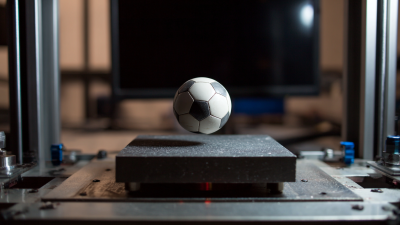
Ultimate Guide to Choosing the Best Ball Rebound Tester for Your Needs
-

The Ultimate Guide to Choosing the Best Phone Testing Equipment for Your Needs
-

5 Reasons Why the Tester Line is the Best Choice for Your Production Needs
-

Maximizing Efficiency with Field Test Equipment Advantages for Your Business
-
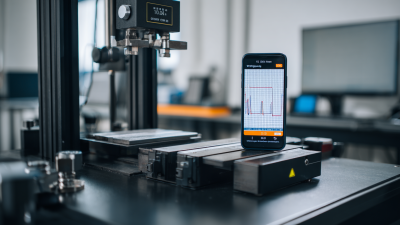
How to Optimize Your Phone Testing Equipment for Accurate Performance Metrics
-

Innovative Solutions for Precision Line Testers





